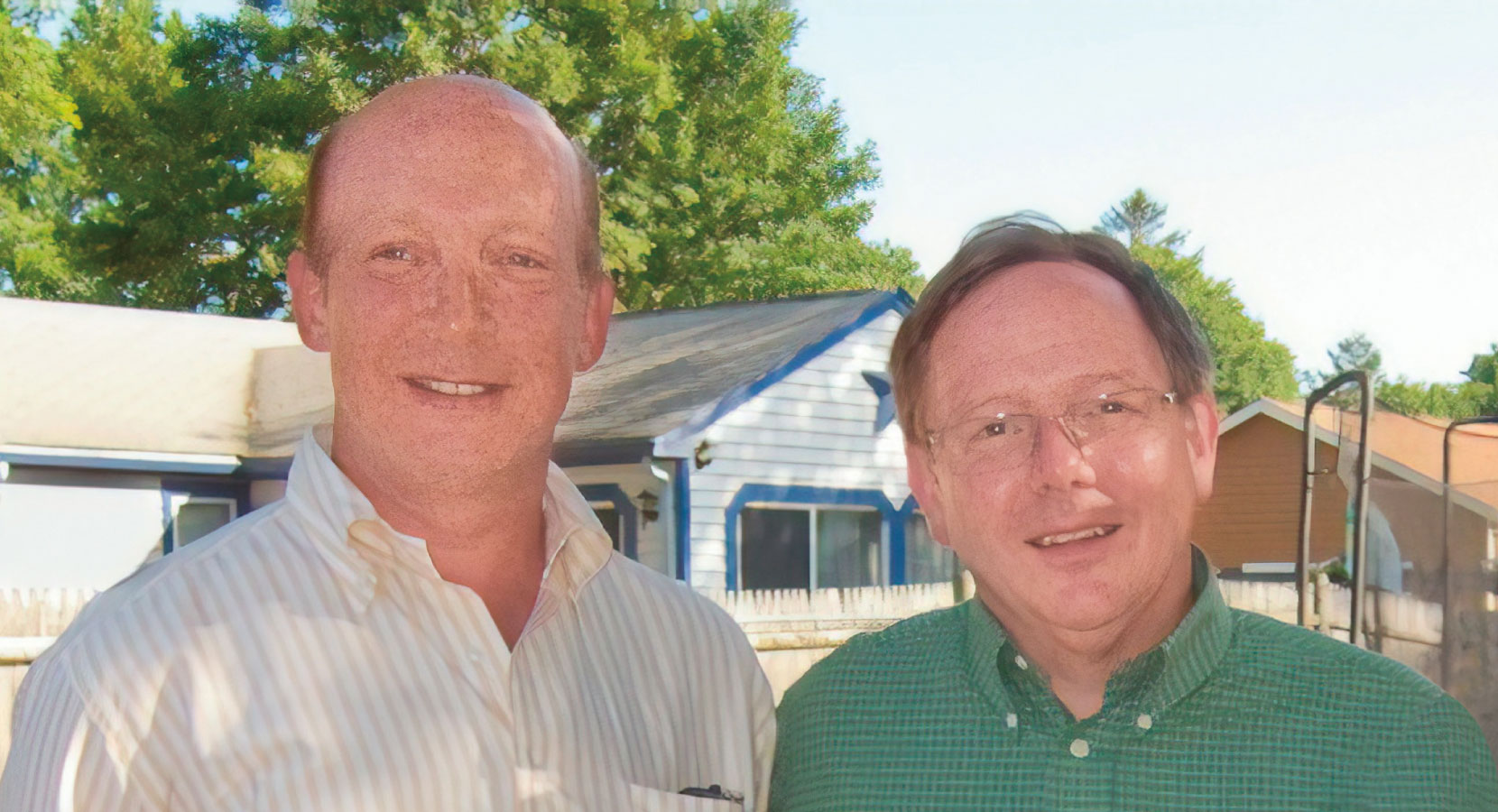
Mitchell’s $1 Million Gift Sustains Thoracic Cancer Fellowship
“My dream is to live in a world where lung cancers no longer kill and are merely an awful chapter in our history,” says Mike Jaklitsch, MD, FACS, a thoracic surgeon at Brigham and Women’s Hospital. “Until that day arrives, I want the best doctors to enter the field of thoracic surgery, come to the Brigham, and make a commitment and promise to our patients that this future is in sight.”
More than 11 years ago, Jaklitsch’s vision caught the attention of his patient, John D. Mitchell. He was moved when Jaklitsch shared that the most valuable part of his training was his fellowship, which immersed him in rigorous classwork and meaningful clinical and research experience.
Mitchell imagined how his philanthropy could bring this educational opportunity to young lung cancer physician-scientists and decided then and there to establish the John D. Mitchell Thoracic Oncology Surgical Fellowship at the Brigham. Since making that initial gift, Mitchell continued building on his support over time and recently pledged $1 million to the fellowship.
“It is through Jack’s incredible support that more of the brightest young physicians are choosing this area of care and cultivating innovation through the research efforts they pursue, all for the patients we are privileged to treat.” —Mike Jaklitsch, MD, FACS
“It’s gratifying to watch fellows come up through the program who share qualities I admire,” says Mitchell.
“They’re intensely curious and highly skilled, compelled to pursue answers to the toughest questions and devote their careers to developing solutions to improve patients’ treatment options and survival. It’s no coincidence Dr. Jaklitsch embodies these same characteristics. It is a wonderful thing to see him develop them in a new generation of lung cancer experts.”
Jaklitsch is grateful that Mitchell’s foresight and generosity will allow him to expand the fellowship—empowering creative approaches to yield new treatments and technologies, more effective care, and the promise of a brighter future for patients with lung cancer.
“Through mentorship there is partnership and through partnership there is innovation,” he says. “It is through Jack’s incredible support that more of the brightest young physicians are choosing this area of care and cultivating innovation through the research efforts they pursue, all for the patients we are privileged to treat.”